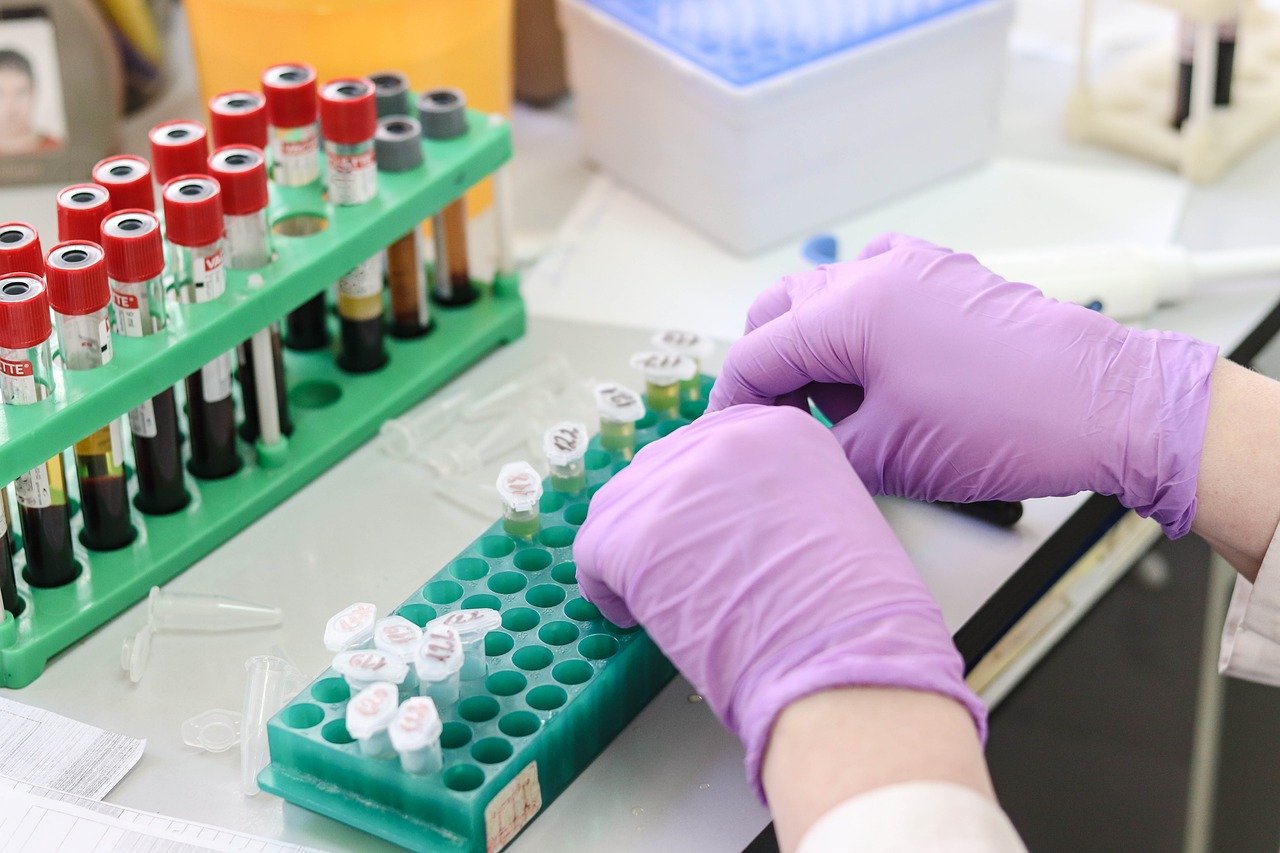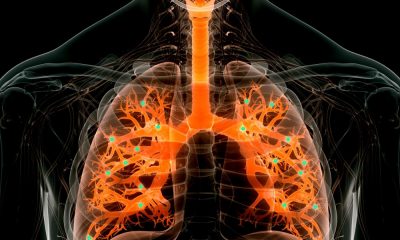Multiple factors play a role in complex diseases like COVID, and knowing what they are is important for predicting how different people will be affected. Early on in the pandemic, being older, overweight or smoking were identified as increasing your risk of developing severe COVID. This then informed public health decisions – the elderly were prioritised in the vaccine rollout, for example.
But there are other biological factors involved in COVID that are less well understood. Consider, for example, the thousands of proteins with different functions that circulate in your blood. Some play a role in the body’s defence against viruses, others transport molecules around the body or act as messengers to distribute information.
Through these functions, these proteins can impact the development and severity of COVID – and crucially, we don’t all have the same amounts of them inside us. This is why people develop different forms of COVID: some get a runny nose or fever, while others need to go to hospital. An unlucky few may need intensive care, and in the severest cases, some may die.
As the number of proteins in the human body is so large, it’s difficult to pinpoint the exact proteins and biological systems that cause these different outcomes. Nevertheless, this is what our team aimed to do.
We explored more than 3,000 blood proteins using a technique called Mendelian randomisation. This is where, instead of directly measuring something that you think has an effect on a disease (in this case, a blood protein) and then seeing if levels of it correlate with disease severity, you instead look at variation in the genes that influence that substance’s levels, and examine how this affects disease outcomes.
This is because if you look at blood protein levels directly, you can’t be sure that other outside factors – like lifestyle choices, or even having COVID – aren’t affecting them at the point in time when you’re measuring them. Genes, on the other hand, don’t change during someone’s lifetime. They therefore allow you to more reliably identify people with high and low levels of the substances you’re interested in, and so make more robust estimates of how something like a blood protein affects a disease like COVID.
First, we had to identify which genes are associated with different blood proteins. We did this by looking at the results of genome-wide association studies. These are large pieces of research that look at genetic and biological differences across many people, to trace the links between genetic variants and certain characteristics. Large-scale genome-wide results have also been able to trace links between genes and the risk of severe COVID too.
Analysing this data, we identified several proteins that potentially increase or decrease the risk of severe COVID. For example, we found that increased levels of a protein called FAAH2 may increase the risk of someone needing hospital treatment for COVID. FAAH2 causes cells to absorb and inactivate substances called endocannabinoids. These have anti-inflammatory effects, and studies have even suggested they could be used as treatments for COVID. This would explain why having more proteins that remove them is problematic – this potentially lessens the body’s ability to control inflammation caused by COVID.
Another influential protein we identified was the ABO enzyme. This determines your blood group and is a hot topic in COVID research. Our study showed that having higher levels of the ABO enzyme appears to increase the risk of being hospitalised with COVID and subsequently needing intensive care. Previous small studies have shown that blood group A is more common in those with severe COVID. Our findings strengthen the case that the ABO enzyme and blood type influence COVID severity.
COVID can also cause disease in the blood vessels, particularly when severe. But we found that proteins that attract white blood cells to the wall of blood vessels appear to be protective against severe COVID. Attracting more white blood cells like this has long been known to improve the immune response in blood vessel walls, and in COVID specifically this seems to help fight off infection.
Identifying these risk factors may help scientists develop new treatments, as these proteins could be targeted by new medicines (or existing ones that have been repurposed). It has also allowed us to draw up a list of proteins that can be prioritised by other researchers, so that in future we can understand even more about what the biological risk factors for COVID are.
Alish Palmos, Postdoctoral Research Associate, King’s College London; Christopher Hübel, Research Associate in Medicine, Psychology and Behavioural Genetics, King’s College London, and Vincent Millischer, Resident in Psychiatry, Medical University of Vienna
This article is republished from The Conversation under a Creative Commons license. Read the original article.
















